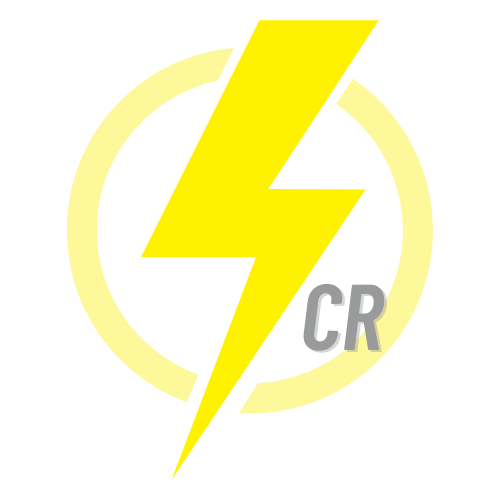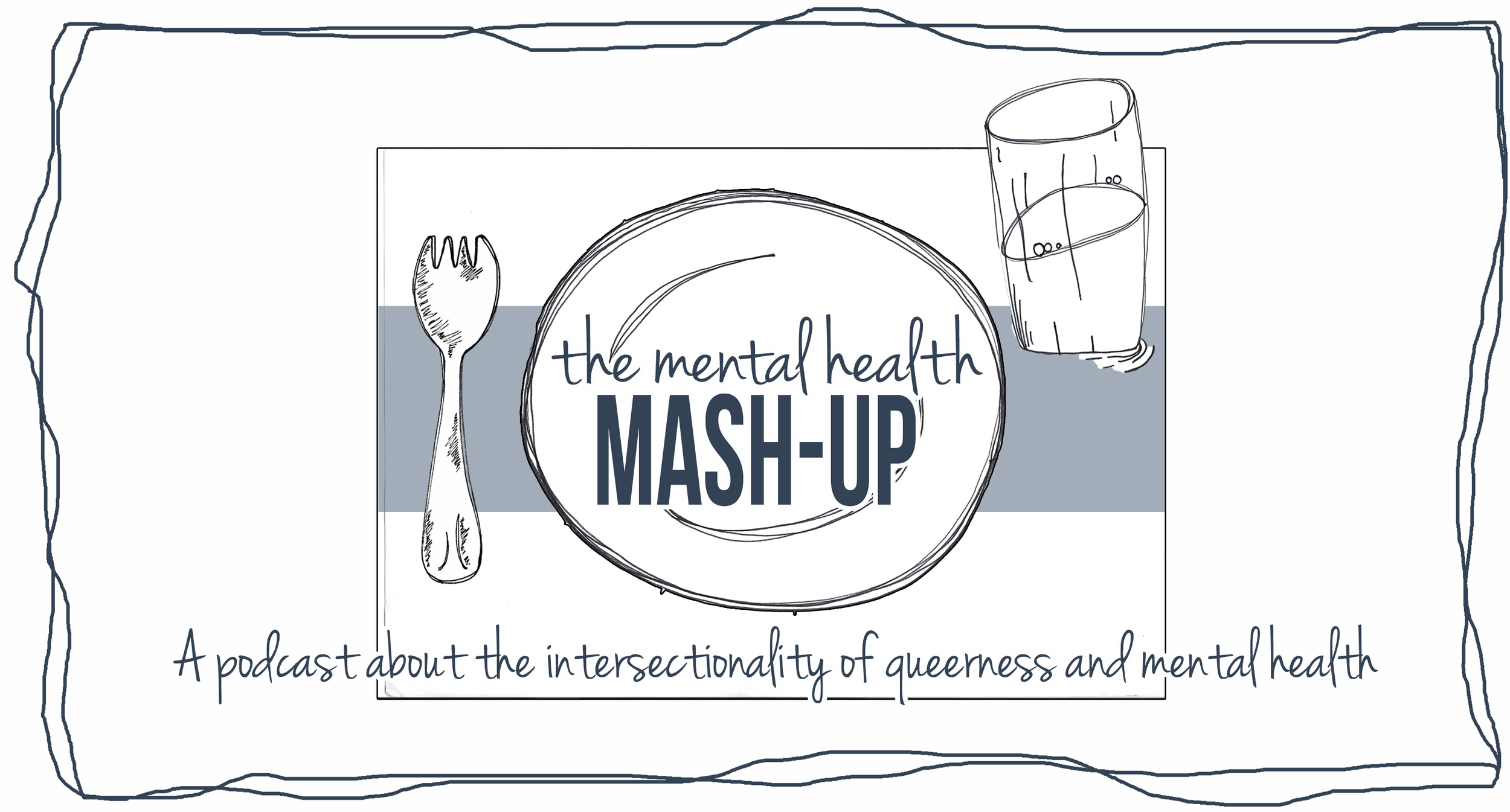 Sometimes I feel like I am not gay enough. No seriously. If you read this blog regularly then that might be a laughable statement, because to those who know me I'm unicorns bathing in rainbow glitter. There have been times though when I've entered a new community and I've been treated as if I'm not gay enough for groups populated heavily with lesbian or gay identified individuals, and not straight enough for groups of people who identify as heterosexual. I identify as queer, what that means for me is that I am about as pansexual as they come. My preference in sexual and romantic partners includes trans individuals, butch lesbians, cis-men, and really everything in between. My attraction comes from some chemical reaction deep in my brain (...or is it nether regions?) that I have yet to correlate with people's particular gender identity or sexual orientation. As such, I feel like I didn't jump far enough on the gay train for a lot of lesbian identified individuals or gay men, and the perpetual shock I receive when I identify as not being heterosexual at said hetero-gatherings, is at very least annoying. Which is why I want to talk about bisexual/queer invisibility.
Sometimes I feel like I am not gay enough. No seriously. If you read this blog regularly then that might be a laughable statement, because to those who know me I'm unicorns bathing in rainbow glitter. There have been times though when I've entered a new community and I've been treated as if I'm not gay enough for groups populated heavily with lesbian or gay identified individuals, and not straight enough for groups of people who identify as heterosexual. I identify as queer, what that means for me is that I am about as pansexual as they come. My preference in sexual and romantic partners includes trans individuals, butch lesbians, cis-men, and really everything in between. My attraction comes from some chemical reaction deep in my brain (...or is it nether regions?) that I have yet to correlate with people's particular gender identity or sexual orientation. As such, I feel like I didn't jump far enough on the gay train for a lot of lesbian identified individuals or gay men, and the perpetual shock I receive when I identify as not being heterosexual at said hetero-gatherings, is at very least annoying. Which is why I want to talk about bisexual/queer invisibility.

So, have you ever had this experience: Upon attending a snuggle party (yep, a snuggle party, all the rage in poly communities, apparently) and after canoodling with 5 or 6 different women, found out that everyone of them identified as straight? Whoa...really? All of you? And more entertainingly, you get this little gem, "Oh what?! You're gay? It's totally cool, I just had no idea." Ummmm thanks woman I just made out with. I apologize, did I project queerness on this party? If all this het on het action is just a progressive manifestation of polyamorous living, why aren't all the het men making out too? My confusion abounds. I've had the same experience at LGBT gatherings, where people met my comments about my hetero cis-male hook-ups with a sort of resistance, or even offense. I've even been told that eventually I would abandon the practice with time, which suggests that I might age out of my current sexual orientation once I abandon naive thinking. Rude.

At 26 I don't claim to have learned everything there is to know about my identity, fortunately, I have a plethora of time to explore. For anyone to suggest that after 26 years of flirting, dating, falling in love, and cultivating my identity, that you, person who has known me for a grand total of 18 minutes during an awkward small talk over a bag of cheetos, knows that I will eventually fall into one of the archetypes of more or less accepted sexual orientations in the U.S., is utter fucking non-sense. If I sound bitter-cakes, it's 'cause I am. It's not to say I haven't been immersed in incredible communities of people that love me for who I am and celebrate my unicorn like uniqueness, because I absolutely do, glitter baths and all. One of my wise cohorts actually advises me to use these reactions as a test of whether a person can be a supportive force in my life and good ally. Simultaneously, the abundance of black and white thinking surrounding matters of sexuality, orientation and gender identity is still mind numbing. If we are progressive enough as a poly community to recognize that love is not defined by ownership or celibacy outside of one partner, how is it not an intuitive line of thinking to approach sexual orientation as not being gay or straight? If as LGBTQ individuals we have been endlessly poked and prodded with repudiation regarding our counter-culture, non-hetero preferences, how are we then so quick to repudiate other individuals who do not fit the gay-straight, masculine-feminine binaries?

Although I am lacking an artillery of brilliant solutions to the on-going binary mindset problem that we are facing, I am pleasantly suggesting that a more fluid approach to orientation and gender identity in conversations with prospective friends or community members is absolutely necessary to becoming more inclusive as a community. I'm not suggesting that there is an easy solution to this on-going systematic misunderstanding of the spectrum of sexual orientations that exist in human beings, but putting aside judgment when faced with an unfamiliar situation is a good start. Instead of "What...you're gay?" or "Eww, you fuck straight men?" how about asking a follow up question like, "Oh cool, do you have a partner?" or "Nice, is he good in bed?" I don't claim to be an expert, but coming from a place of judgment generally tends to isolate people. Bitter-cakes out.
-To your personal revolts and riots and especially to your learning,
Cory
----------
Cory is a poet and novelist in the Los Angeles area. They have worked in mental health, education, social justice and fashion blogging and they aim to lead by example by bravely living an examined lifestyle.
"The learning process is something you can incite, literally incite, like a riot."
Audre Lord
de
———-








